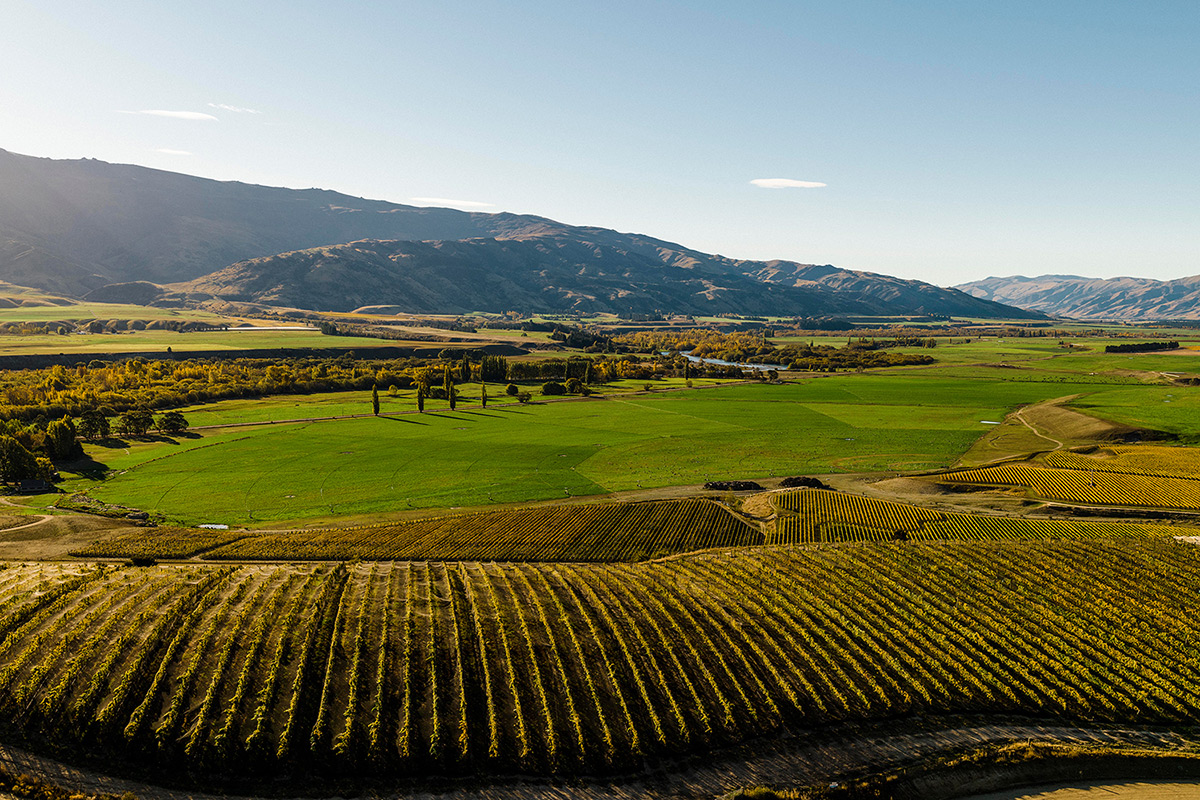Current ORED Projects
Based on our strategic priorities, ORED are proud to lead the following economic development projects in collaboration with Otago stakeholders.
If you are keen to be involved with any of these projects, or know someone who might be, please get in touch with any of your local ORED members.
The current ORED projects are:
Strategic Doing
Organisations across Otago have expressed interest in collaborating more, but how do you make it happen? With a large diverse region, ORED looked for how collaboration could occur more deliberately and discovered ‘Strategic Doing’ – a process that helps people find common ground and work together. Strategic Doing builds confidence that change is possible by focussing on projects that use the resources of those at the table. By getting traction on simpler projects, this creates impetus to collaborate more.
Several people across Otago have now completed one of the two Strategic Doing Practitioner training courses, facilitated through ORED, and some have since taken it to the next level by completing the 12-week Workshop Leader Certification.
For more information and updates:
Strategic Doing website →
Case Studies – 2023 (PDF) →

Lifetime Value of the Visitor
ORED’s Lifetime Value priority is about creating value from visitors beyond their holiday spend.
In 2022, ORED members (Queenstown Lakes District Council, Central Otago District Council, Dunedin City Council) joined forces with Queenstown NZ and Tātaki Auckland Unlimited to fund initial research into the lifetime value of visitors.
This research looked beyond what tourists spend while they’re in New Zealand, to the value they add by purchasing more New Zealand products when they return home and the longer term international connections that could be initially sparked by visiting (e.g. investing, studying). It showed that over half of Californian visitors bought more NZ product because of their visit, and 1 in 5 were interested in opportunities to build connections beyond being a visitor. The research points to $600m worth of exports that are directly linked to visitors having travelled here, yet this is never counted in the tourism statistics.
ORED sees the ‘Lifetime value’ concept opening up potential for tourism to be seen in a new light. If we can better ‘cross-sell’ from tourism to other products and experiences this will change how tourism contributes to our communities.
The next stage of this project is to explore opportunities to use tourism as a ‘shopfront’ to sell more exports and connect with visitors interested in a longer term relationship with the nation. The MBIE Tourism Innovation Fund Work helped narrow down what pilot projects could help test the potential lifetime value of a visitor, and a second application has been submitted to deliver on these pilot projects.

Otago’s Agricultural Economy
Agriculture is a key sector for Otago. ORED are currently investigating ways in which value could be added within the sector - including opportunities to increase productivity or boost earnings along parts of the value chain.
This is a multi-faceted challenge for our agricultural economy. As a starting point, and to gain more insight into the sector and inform more targeted and detailed discussions with stakeholders, ORED recently commissioned a desktop analysis of the relevant economic data.
The analysis addresses the following key questions for Otago's agricultural economy, including:
What is the baseline size of the agricultural sector in Otago?
How is activity concentrated across different agricultural subsectors?
How are resources divided along the value chain between production and processing?
Where in Otago is agricultural production and processing capacity located?
How productive is agriculture in Otago compared to the rest of New Zealand?
How much additional value could be added to Otago’s agricultural sector if productivity was raised, or processing capacity was increased to reduce leakage into neighbouring regions?
The results of the analysis are currently being considered by ORED and will be shared and discussed with stakeholders during 2024.